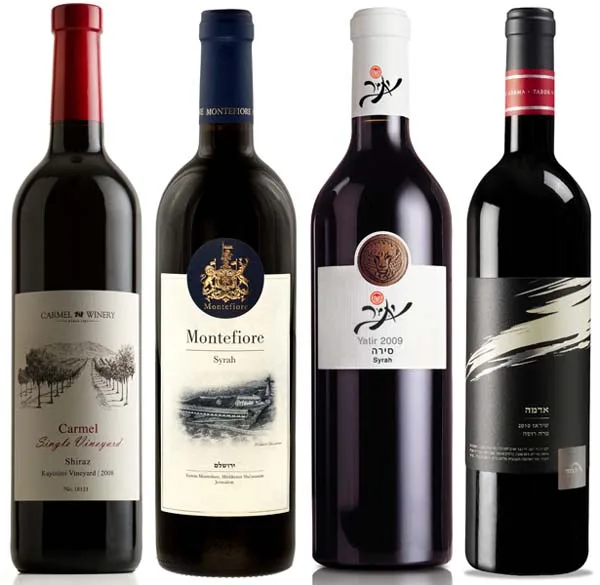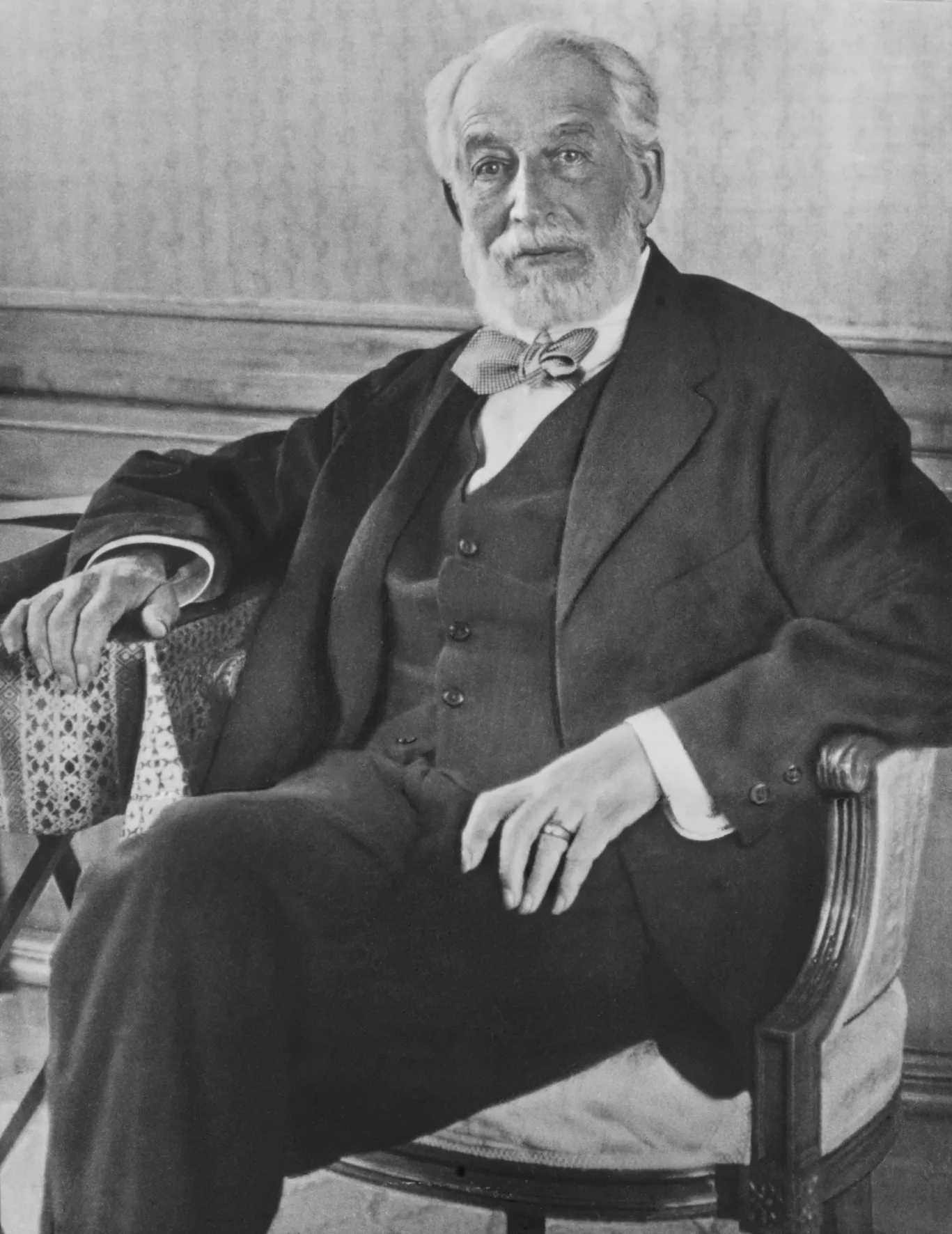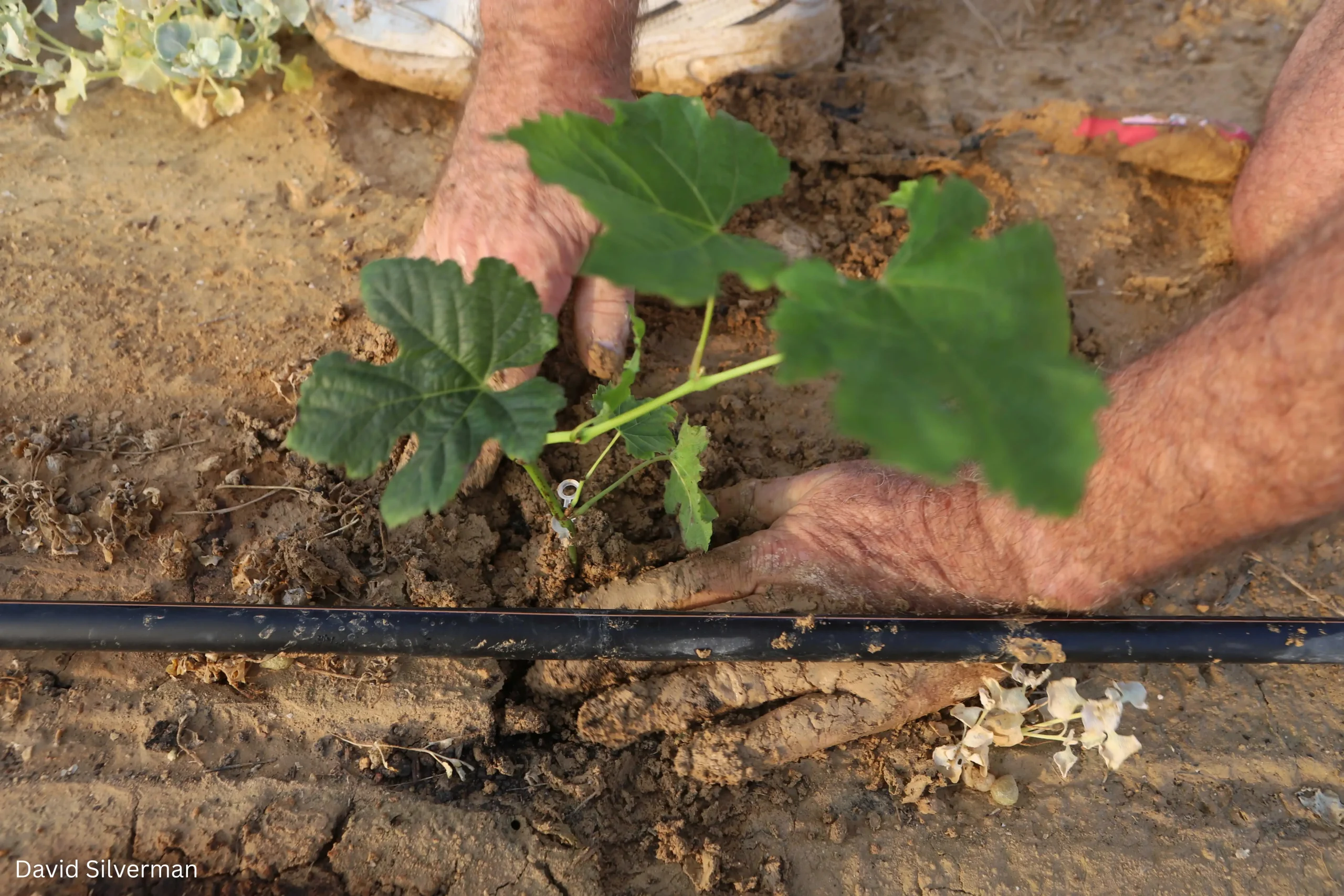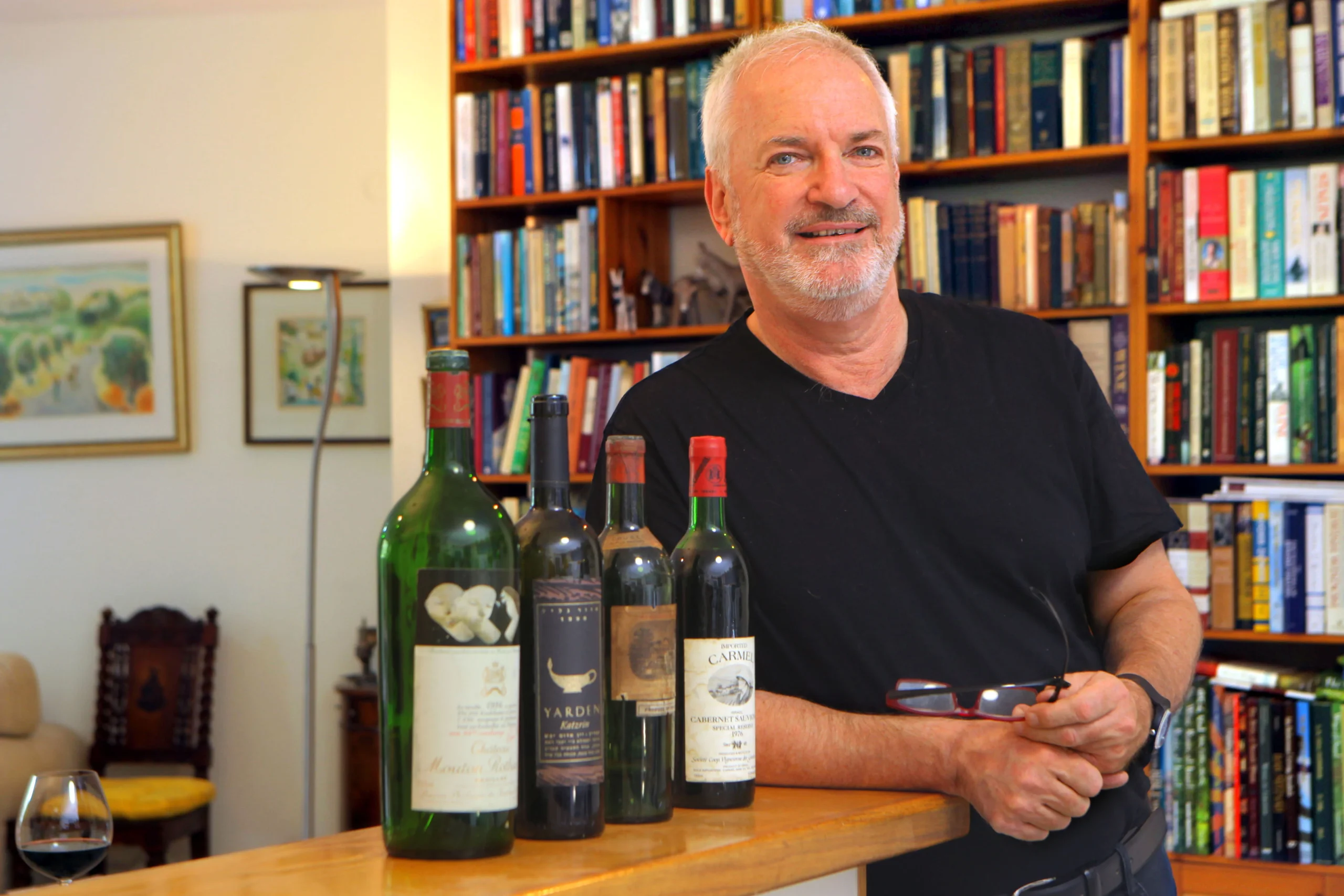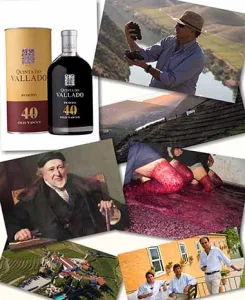Maybe the Syrah grape produces wine that does not have the structure of Cabernet Sauvignon, nor the wild perfume of Pinot Noir, but it does straddle the two and have some of the qualities of both. It is too hot here in Israel for a really good Pinot Noir, and though Cabernet Sauvignon is still king, cab demands high elevation of at least 500 meters above sea level to come in its own.
The main quality of Syrah is that it is very suitable for our climate and it grows everywhere with equal success, whether the high altitude Golan or the flatter Judean region. It is a latecomer, only making Aliyah to Israel in the last 20 years or so. This is surprising as most varieties have been here previously at some time or another. However, better late than never. It is a marriage made in heaven. I believe Syrah has the most potential of any variety to make quality wines from different terroirs across the price scale. Potentially this is the variety that could knock Cabernet Sauvignon off its perch.
The Syrah grape variety produces great wine in two places on the planet. In the Northern Rhone, it is associated with rare, pricey wines with names like Hermitage, Cornas, Côte-Rotie, Crozes Hermitage and St. Joseph.
In Australia, where the same variety is known as Shiraz, the iconic wines such as Penfolds Grange and Henschke Hill of Grace are both examples of how good Australian Shiraz can be.
In the South of France, Syrah is usually only used in blends. In the Southern Rhone, it is a junior part of the Châteauneuf du Pape blend, and is usually more prominent along with Grenache and Mourvèdre in Languedoc Roussillon.
In Australia the classic blend is Cabernet Sauvignon Shiraz, two varieties which combine well together. If you see GSM on the label, the initials are the clue. The blend is likely to be Grenache, Syrah and Mourvèdre.
Throughout the world, the words Shiraz & Syrah are interchangeable. They are the same grape variety. One is a synonym for the other. Confusingly, both are used here, though Shiraz seems to be used more often. Basically, those that have planted the Australian clone tend to use the word Shiraz, and those using the French clone, use the word Syrah. However, there are no rules and the decision of which to use may simply boil down to a marketing choice of the winery.
Anyway, don’t let the name get in the way of the message. Israel is today making some very fine wines from this variety and this has been supported by international, third party recognition. Arguably, the finest examples are the single vineyard Carmel Kayoumi Shiraz from the Upper Galilee and the rare, strictly allocated Clos de Gat Sycra Syrah (NK) from the Judean Hills. Others include the Adir Shiraz, Flam Syrah, Leuria Syrah, Montefiore Syrah, Recanati Reserve Syrah Viognier, Tulip Syrah, Yarden Syrah and Yatir Syrah. All show varietal typicity and each in their different ways, prove the point.
So what is the flavor profile of Syrah Well, the wines generally tend to be very deep colored. They have blackberry, blackcurrant and plum aromas with hints of black pepper, a backdrop of herbs and spice, and sometimes a touch of leather or even a smoky character, reminiscent of smoked meat. Some are in a richer, fruitier, broader, more oaky style, others are leaner. There are similar differences between the ‘new’ and ‘old’ worlds. The Australian versions are deeper, more intense, riper and with sweeter fruit. At the other end of the Syrah spectrum, the Rhone Syrahs are more austere, elegant and delicately fragrant.
However the Syrah or Shiraz is nothing if not versatile. The younger versions can be bright and vibrant, with simple, juicy, up front raspberry and cherry-berry fruit.
At a midway point, I would put the Gamla Syrah, Recanati Shiraz, Carmel Private Collection Shiraz and Tabor Adama Shiraz at the head of the pack with the best quality per price ratio. Fruit forward, easy to drink, but full of flavor. These are great introductions to Syrah, at an affordable price!
Syrah also plays a crucial role in the new Israeli style of Mediterranean blends such as the Shvo Red (NK), Lewinsohn Red (NK) and Chateau Golan Geshem (NK). These are super, chewy, flavorful wines. This is a style of wine that is becoming a trend in Israel.
As for Cabernet Sauvignon Syrah blends, following the Australian model, the Carmel Appellation Cabernet Shiraz is excellent value, and at the other end of spectrum, the Tzora Misty Hills is majestic. A wine to age in your cellars or to open, drink slowly and savor. Arguably the finest blend of these two varieties in the country.
It is fascinating to me that Syrah has also slipped in under the radar to other Eastern Mediterranean countries, where it is contributing to some very good wines. It could even become the variety most associated with this ancient region that gave wine culture to the world. I always preach we should know the wines of our neighbors if we want to better understand the terroir and wines of Israel.
Well here are some great wines to convince you: Domaines des Tourelles Syrah du Liban from Lebanon, Domaine Vlassides Shiraz from Cyprus, Kayra Imperial Shiraz and Kavaklidere Pendore Syrah from Turkey and Gerovassiliou Syrah from Greece. If you can track them down, you will see they are a fabulous advertisement for the new marriage between Syrah and the Eastern Mediterranean countries. Israel is not alone!
It has almost become the standard in Lebanon that Syrah is blended with Cabernet Sauvignon and other Bordeaux varieties in the ‘Grand Vin’ of many of the leading wineries. Also in the other East Med countries, like Cyprus, Greece and Turkey, there are praiseworthy attempts to blend Syrah with their own indigenous varieties.
Though Syrah is relatively new in the Eastern Mediterranean, the same can’t be said of North Africa. There, they probably have more, old vine vineyards of Syrah than anywhere in the world. This is from the time the French planted vineyards there, to surreptitiously import wines to France to secretly bolster up their own fine wines. Now almost as a result of neglect, the vineyards still exist. For the most part, the potential is unfulfilled but there are exceptions. The most international Syrah produced in North Africa is the Tandem Syrah produced in Morocco, by Thalvin in a joint venture with Alain Graillot, one of the greats of the Northern Rhone. Elsewhere the wine can be found under the inventive name Syrocco!
Many believe that the roots of Syrah variety point to the Middle East. Certainly if names are anything to go by, there is a town in Iran called Shiraz and it may not be too fanciful to guess that the word Syrah was derived from Syria. I would love to believe it was born in our region, and then transported by the Phoenicians to Europe. Unfortunately, I have no evidence to support my fantasy theory, but I do have a fertile imagination!
Incidentally, apart from the heights it reaches in France and Australia, Syrah is also planted in Chile, New Zealand, California, South Africa and Argentina, as well as Spain and Italy. This classic, noble variety is really global.
The point I want to make is that it has crept into Israel along with our neighbouring winemaking countries, almost without us noticing, and it is making some pretty good wines. Que sera sera, whatever will be, will be. However, I just wonder whether in the future, Syrah will come to be regarded as the leading quality ambassador of the Eastern Mediterranean region


